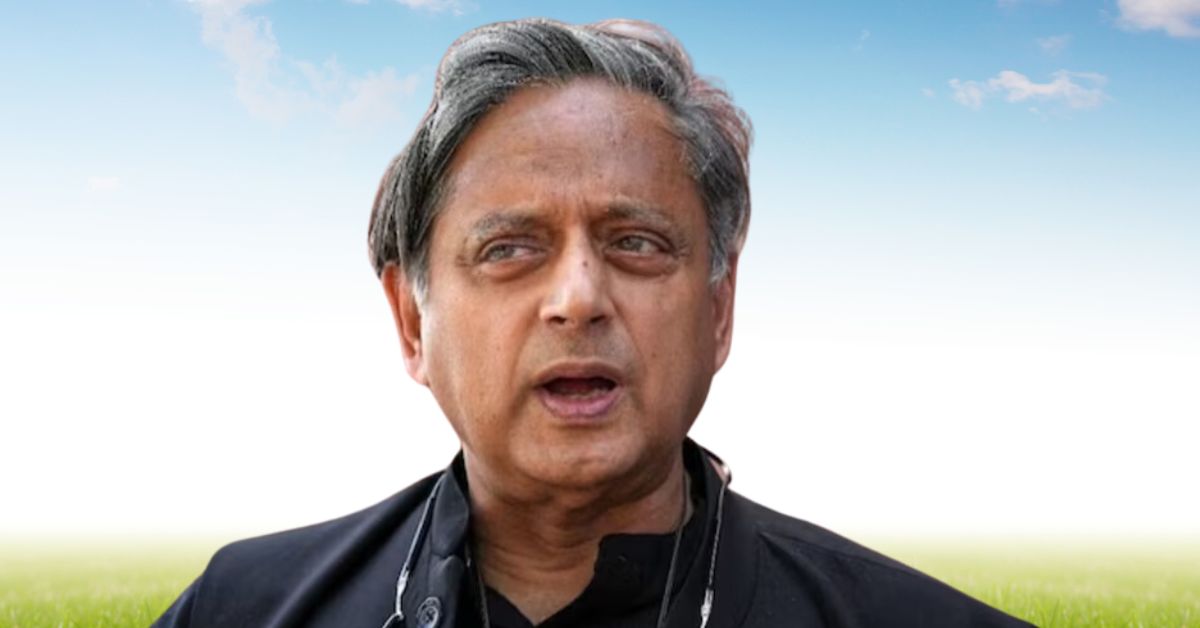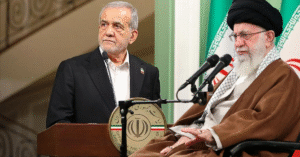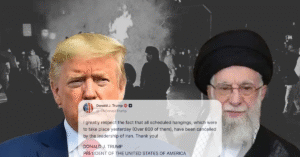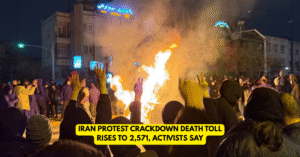New Delhi: Congress MP Shashi Tharoor has taken aim at the Bharatiya Janata Party (BJP), stating that the ruling party lacks the requisite two-thirds majority in Parliament to carry out constitutional amendments necessary for implementing its proposed “One Nation” bills. His comments come amidst an ongoing debate surrounding the BJP’s push for a unified approach to governance across states, including contentious proposals like “One Nation, One Election.”
BJP’s Push for Uniformity
The BJP has been advocating several “One Nation” initiatives, with “One Nation, One Election” at the forefront. The concept aims to synchronize elections for the Lok Sabha, state assemblies, and local bodies to reduce election expenditure and streamline governance. The proposal has sparked widespread debate, with critics raising concerns about its feasibility and impact on federalism.
Tharoor’s Rebuttal
Speaking to the media, Tharoor criticized the BJP’s ambitious legislative agenda, stating:
- “The BJP does not have the necessary two-thirds majority in Parliament to make constitutional amendments. Their rhetoric is aimed at creating a narrative, not at achieving practical legislative goals.”
He further argued that the “One Nation” bills pose a threat to India’s federal structure and diversity, cautioning that these proposals could centralize power at the expense of state autonomy.
Opposition Concerns
Tharoor’s remarks reflect broader concerns among opposition parties about the BJP’s legislative strategy. Many opposition leaders argue that the “One Nation” initiatives are designed to weaken India’s federal character and impose a one-size-fits-all approach on a diverse nation.
Critics also claim that the BJP’s push for simultaneous elections could disproportionately benefit the ruling party, citing the advantage of centralized resources and campaign strategies.
BJP’s Stand
Despite the criticism, the BJP remains steadfast in its commitment to the “One Nation” agenda, claiming that these measures will enhance governance efficiency and reduce the financial burden of frequent elections. Senior BJP leaders have dismissed opposition concerns as politically motivated and accused critics of resisting change for the sake of obstructionism.
Challenges Ahead
The implementation of initiatives like “One Nation, One Election” requires amending multiple provisions of the Constitution, including Articles 83, 85, 172, and 174. Achieving this would necessitate a two-thirds majority in both Houses of Parliament and ratification by at least half of the state legislatures.
Observers note that the BJP’s inability to secure a two-thirds majority in the Rajya Sabha, coupled with strong opposition from regional and national parties, poses significant hurdles to advancing its legislative agenda.
Federalism vs. Centralization
The debate over the “One Nation” bills underscores a broader ideological clash between the BJP’s vision of centralized governance and the opposition’s emphasis on preserving India’s federal structure. While proponents of the bills argue that uniformity is essential for national progress, opponents warn that such measures risk eroding state autonomy and marginalizing regional identities.
Public Reaction
The public discourse surrounding the “One Nation” bills remains polarized. While some citizens support the idea of synchronized elections as a cost-effective measure, others share the opposition’s concerns about the implications for India’s federal system.
As the legislative battle unfolds, Citizen News Daily will continue to provide updates and insights into this critical issue.






